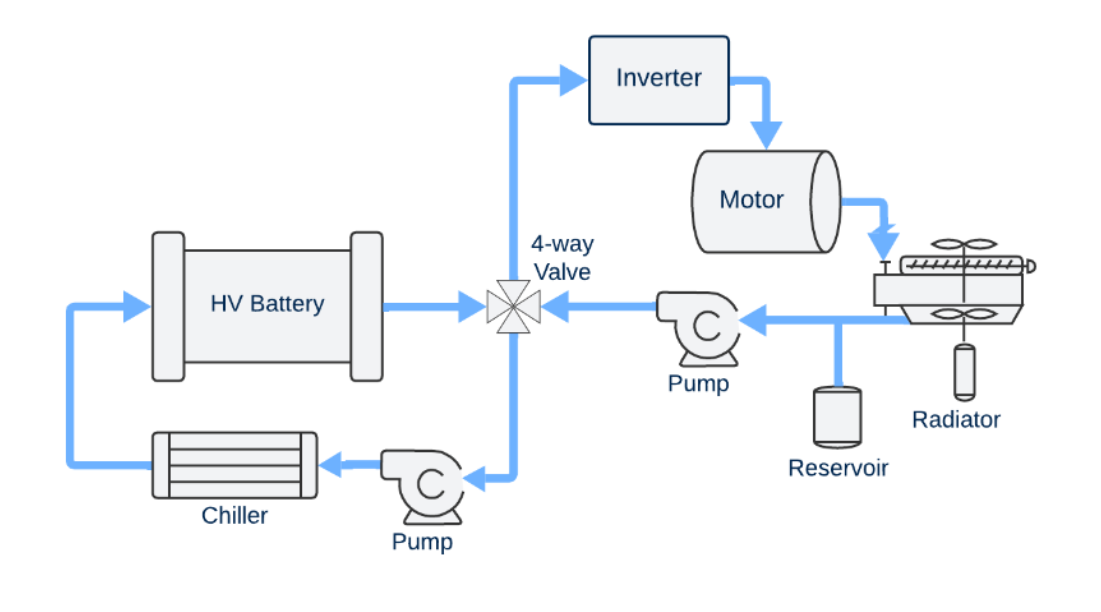Children from ethnic minority backgrounds and those living in areas with high levels of child poverty face significantly worse outcomes when admitted to intensive care, according to new research.
In a large-scale study analysing 14 years of UK-wide data on more than 160,000 critically ill children, researchers found that children of Asian, multiple, and other minority ethnicities were more likely to die in paediatric intensive care units (PICUs) than White children. Children from economically disadvantaged areas also experienced poorer outcomes, echoing similar patterns previously reported in studies from the USA.
The evidence shows that children living in more deprived areas have higher rates of PICU admissions, and a previous Imperial College London study found that Asian and Black children in the UK are admitted to PICUs more frequently than their White peers. However, until now, little was known about how these higher admission rates relate to survival and recovery after admission.
In this new study, researchers analysed data from the Paediatric Intensive Care Audit Network, covering over 245,000 admissions for more than 163,000 children aged 0–15 years between January 2008 and December 2021. They examined each child’s ethnicity and the level of deprivation in their local area, then compared this with mortality rates, length of stay, and unplanned readmissions within 60 days.
Children of Asian ethnicity had the highest mortality rates — with 1,336 deaths from 26,022 admissions — compared to 4,960 deaths among 154,041 admissions for White children. This equates to a 52% higher chance of dying for Asian children. Children from multiple or other ethnic groups also had 20% higher odds of PICU mortality.
Similarly, children living in the most deprived areas had a 13% greater risk of death than those from the least deprived areas and were more severely ill on arrival. Ethnic minority children also spent longer in intensive care (an average of 66 hours versus 52 for White children) and were more likely to be readmitted unexpectedly within 60 days.
The research team, led by Imperial College London in collaboration with the University of Leicester, UCL, and the University of Leeds, has received funding from the National Institute for Health and Care Research to investigate the factors driving these inequalities, including healthcare access, education, and language barriers.
The study, published in The Lancet Child & Adolescent Health, is the first UK-wide evidence linking poorer PICU outcomes to both ethnicity and deprivation. The findings highlight the urgent need for action to address the structural and social factors that contribute to preventable differences in child health.
Lead author Dr Hannah Mitchell said, “Paediatric intensive care provides the highest level of support for the sickest children, yet our study shows stark inequalities persist even here. These figures represent real lives — and they underline the need for urgent, sustained efforts to tackle child poverty, improve access to healthcare, and break down the barriers faced by marginalised families.”








